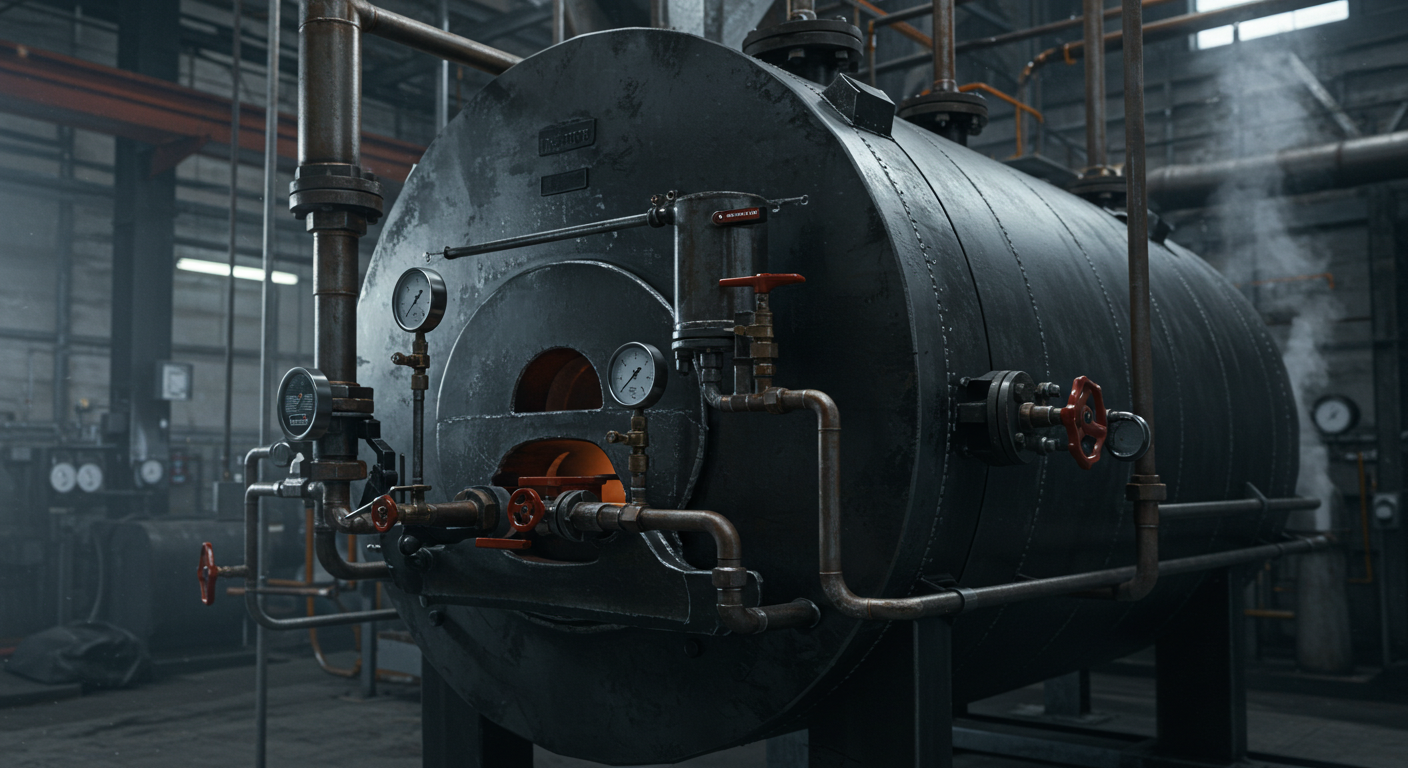Boilerman is a profession in Malaysia that involves the maintenance and repair of boilers and other related equipment.
Boilers are used in various industries such as power generation, manufacturing, and food processing.
Boilermen are responsible for ensuring that boilers are functioning properly and efficiently, and that they meet safety standards.
They also perform routine maintenance tasks such as cleaning, inspecting, and replacing parts.
Boilermen in Malaysia typically require a certification from the Department of Occupational Safety and Health (DOSH) and may work for companies or as independent contractors.
The demand for boilermen in Malaysia is expected to increase as the country continues to develop its infrastructure and industrial sectors.
How much does a Boilerman make in Malaysia per month?
The salary of a boilerman in Malaysia can vary depending on factors such as experience, location, and the specific industry.
On average, a boilerman in Malaysia can expect to earn around RM 2,000 to RM 4,000 per month.
This is equivalent to approximately $480 to $960 in US dollars. However, this is just an estimate, and actual salaries may differ.
Is Boilerman in high demand in Malaysia?
Boilerman or boiler technician jobs may be in demand in Malaysia, particularly in industries that rely on boilers for their operations, such as manufacturing, power generation, and palm oil processing.
However, the demand for boilermen can fluctuate depending on the overall economic situation and the growth of these industries.
It is advisable to research Malaysia’s current job market and industry trends to better understand the demand for boilermen.
Is Boilerman a good career in Malaysia?
Boilerman is a skilled trade that involves operating and maintaining boilers used to generate steam or heat for various industrial processes.
In Malaysia, there is a demand for boilermen in industries such as power generation, manufacturing, and oil and gas.
According to the Malaysian government’s MyFutureJobs website, the average salary for a boilerman in Malaysia is around RM2,500 to RM3,500 per month.
However, the salary can vary depending on the industry, experience, and qualifications.
Overall, being a boilerman can be a good career in Malaysia if you have the necessary skills and qualifications.
It is a skilled trade that requires technical knowledge and experience, and there is a demand for boilermen in various industries.
What kind of companies hire Boilerman in Malaysia?
If you’re wondering what kind of top companies hire Boilerman, here are some examples to consider:
1. Power plants
2. Manufacturing companies
3. Oil and gas companies
4. Chemical plants
5. Hospitals
6. Universities and colleges
7. Government agencies
8. Food processing plants
9. Hotels and resorts
10. Cruise ships
What other jobs can Boilerman do?
There are often many transferable skills as Boilerman that can be utilised in other industries.
If you’re wondering what other jobs you can do with experience as a Boilerman, consider exploring the following alternatives:
1. Power Plant Operator
2. Steam Engineer
3. HVAC Technician
4. Maintenance Mechanic
5. Industrial Boiler Technician
6. Refrigeration Technician
7. Process Operator
8. Chemical Plant Operator
9. Water Treatment Plant Operator
10. Gas Turbine Technician
What are the skills required for Boilerman?
To be a successful Boilerman, you need to possess a variety of skills.
Here are some of the most important skills for a Boilerman:
1. Knowledge of boiler operations and maintenance
2. Understanding of safety procedures and regulations
3. Ability to read and interpret technical manuals and blueprints
4. Mechanical aptitude and troubleshooting skills
5. Knowledge of water treatment and chemistry
6. Attention to detail and ability to follow procedures
7. Physical stamina and ability to work in hot and confined spaces
8. Communication skills to work with other team members and supervisors
9. Time management and organizational skills
10. Continuous learning and willingness to stay updated on industry advancements.
By developing these skills, you can position yourself for success as Boilerman and make valuable contributions to your organization.
How can I become a Boilerman in Malaysia?
Becoming a Boilerman requires a combination of education, experience, and skills.
To become a Boilerman in Malaysia, you need to follow these steps:
1. Meet the minimum requirements: You must be at least 18 years old, physically fit, and have a minimum of SPM or equivalent qualification.
2. Attend a Boilerman course: You need to attend a Boilerman course at a recognized institution in Malaysia. The course duration is usually 6 months to 1 year.
3. Obtain a Boilerman certificate: After completing the course, you need to pass the Boilerman examination to obtain a Boilerman certificate.
4. Apply for a Boilerman license: You need to apply for a Boilerman license from the Department of Occupational Safety and Health (DOSH) in Malaysia.
5. Gain work experience: You need to gain work experience as a Boilerman under the supervision of a licensed Boilerman.
6. Renew your license: You need to renew your Boilerman license every 2 years by attending a refresher course and passing the examination.
Note: The requirements and procedures may vary depending on the state in Malaysia. It is advisable to check with the relevant authorities for the latest information.
By following these steps and continually honing your skills, you can become a successful Boilerman and make a meaningful impact in the field.
Disclaimer:
This guide is provided as-is and may not represent the most up-to-date information or requirements to become Boilerman.
It’s always recommended to seek advice from experts in the field and refer to reputable sources for the latest information.
We do not take any responsibility for any damages or decisions made based on the information provided in this guide.

